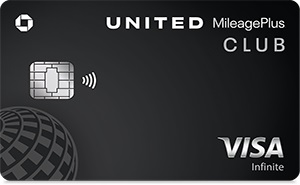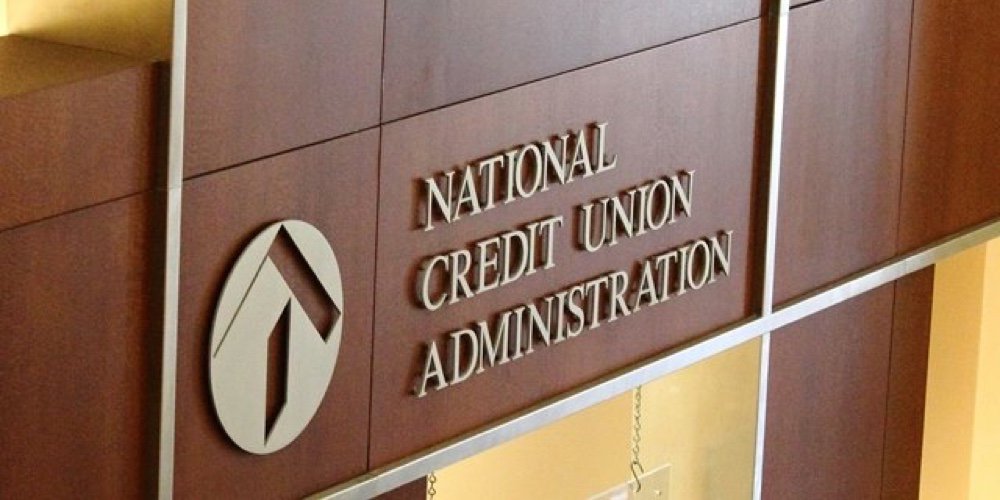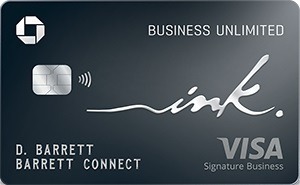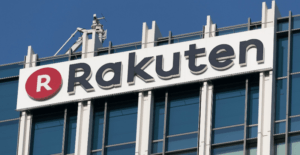 Many of us might have heard of credit unions being used as an alternative over a traditional bank. Credit unions are typically non-profit organizations and although they offer similar products as a bank, they will offer them at lower interest rates on loans they give to their members.
Many of us might have heard of credit unions being used as an alternative over a traditional bank. Credit unions are typically non-profit organizations and although they offer similar products as a bank, they will offer them at lower interest rates on loans they give to their members.
They might even offer more then what you signed up for. So How Do Credit Unions Make Money? They give more than they receive so where does their profits come from? Credit unions are still up and running and many of us are perplexed about what they are doing different from banks to be able to give back.
 The United ClubSM Infinite Card offers 90,000 bonus miles after you spend $5,000 on purchases in the first 3 months from account opening. You'll earn: • 4x miles on United® purchases • 2x miles on all other travel and dining • 1x mile on all other purchases. • Earn up to 10,000 Premier qualifying points per calendar year (25 PQP for every $500 you spend on purchases) This card does carry an annual fee of $525. However, you can get up to $120 Global Entry, TSA PreCheck or NEXUS fee credit. In addition, you'll get a savings of up to $360 per roundtrip (terms apply) by getting your first and second checked bags for free and Premier Access travel services! Member FDIC |
What is a Credit Union?
 Knowing the clear difference between Credit Unions and Banks might be a factor in where their profits comes from. A notable difference is that credit unions are not-for-profit financial institutions and for anyone you join, they must comply with a few eligibility requirements. The requirements are often bounded by location or any organizations you are affiliated with.
Knowing the clear difference between Credit Unions and Banks might be a factor in where their profits comes from. A notable difference is that credit unions are not-for-profit financial institutions and for anyone you join, they must comply with a few eligibility requirements. The requirements are often bounded by location or any organizations you are affiliated with.
There are Credit Unions out there with flexible requirements that essentially anyone can join. Credit unions collect money of their members to invest it and earn better interest than their members could on their own.
A portion of those profits are loaned to the members at competitive rates and portion of it is invested outside of the organization such as mutual funds, government bonds, and currency. They are very similar similar to banks but are run by and for the members rather than stockholders and a board of directors.
Where Their Money Comes From?

Credit Unions create a profit by creating a surplus to continue to operate and generate more profits for their members. That surplus is returned to their members in a form of greater dividends on their savings and deposits and lower interest rates on loans. Credit unions make money similarly to how banks make money.
Those bank fees and interest rates are funded and paid by the members. There’s a reason those APY rates offered by credit unions may be higher than banks. They are able to offer those rates through profit from interest rates. There are differences between APY Rates & Interest Rates.
The only thing different from a bank and a credit union is that credit unions are not-for-profit organizations that operate to serve their members. Banks generate profit for their stockholders whereas credit unions give back those profits to their members.
Despite being a non-profit organization, credit unions do no rely on donations. Insurance is also the same for both but differ by organization. If you are still wary about the liability of the two financial organizations, then learn more about NCUA vs FDIC Insurance.
Where Money Goes?

A plus to being a not-for-profit organization is that they work with their members in mind. Offering high savings rates and low loan options is what makes being a credit union member worthwhile. Credit unions are able to give back and give their surplus a good use by creating new products and financial services such as online and mobile banking, bill payment, and many other benefits.
They also generally don’t charge as many fees as banks do for the same services. Looking into the business reality of any financial institution, credit unions must maintain liquidity to stay in business.
They operate like any other financial institution so they are not aimlessly giving back excessively to their members, but what they offer extends past the simple online and mobile banking features traditional banks offer. Find out some Ways to Get the Most Out of Your Bank to fully utilize your bank’s features.
Bottom Line
How credit unions make money and gain profits is simpler then many of us may think and it mainly comes down to what they are doing with those gained profits. Those bank fees and interest rates are keeping credit unions running, but in return you may benefit more than what a traditional bank has to offer.
Credit unions offers the same, if not more, products as banks do, and if you are interested in joining a credit union, check out our list of Credit Unions Anyone Can Join and the Best Bank Bonuses to begin your venture!
 | BMO Bank Checking: Open a new BMO Smart Money Checking Account and get a $400 cash bonus* when you have a total of at least $4,000 in qualifying direct deposits within the first 90 days. Learn More---BMO Checking Review *Conditions Apply. Accounts are subject to approval and available in the U.S. by BMO Bank N.A. Member FDIC. $4,000 in qualifying direct deposits within 90 days of account opening. |
 | Chase Ink Business Unlimited® Credit Card: New cardholders can enjoy a welcome offer of $750 bonus cash back after you spend $6,000 on purchases in the first 3 months from account opening. Click here to learn how to apply--- Review |



